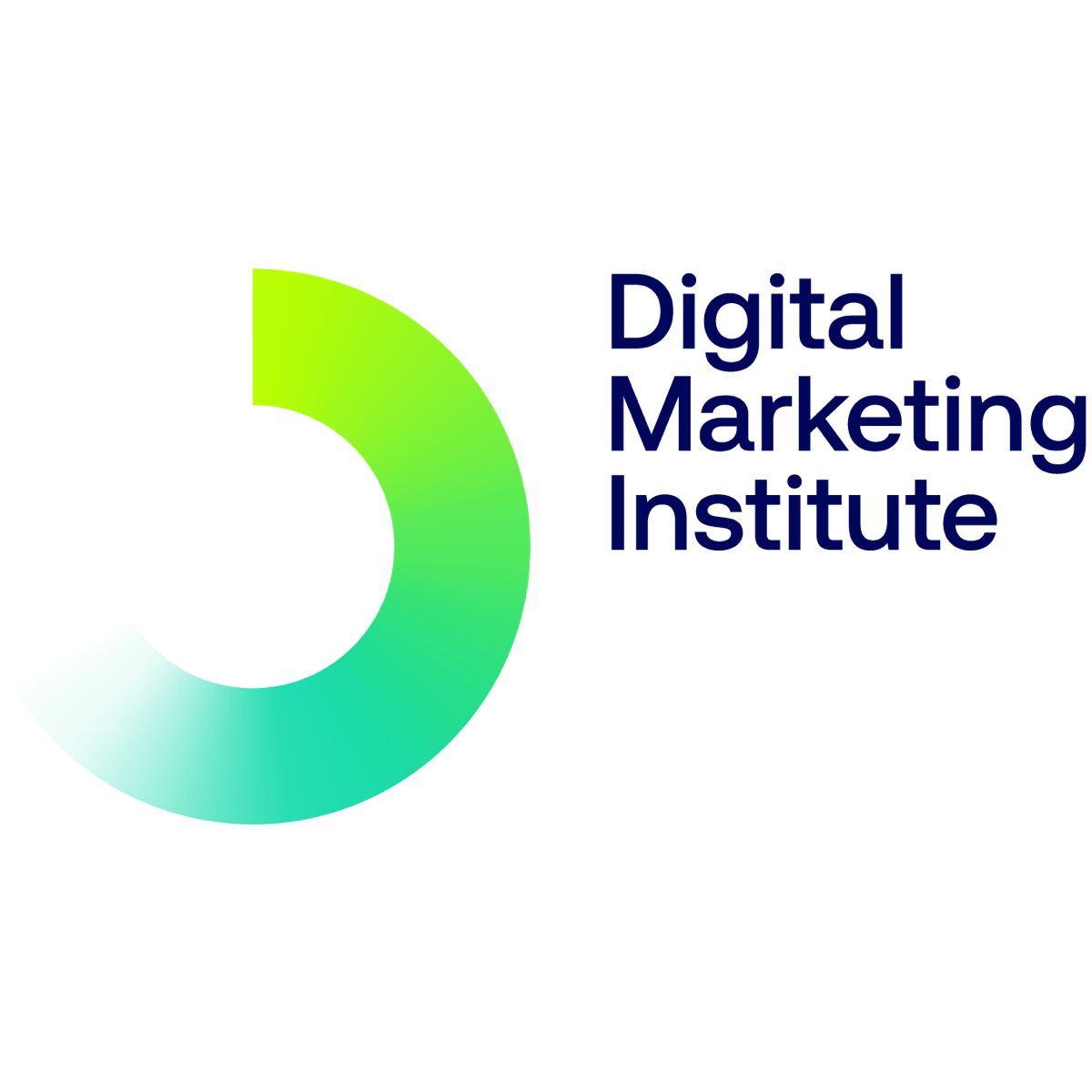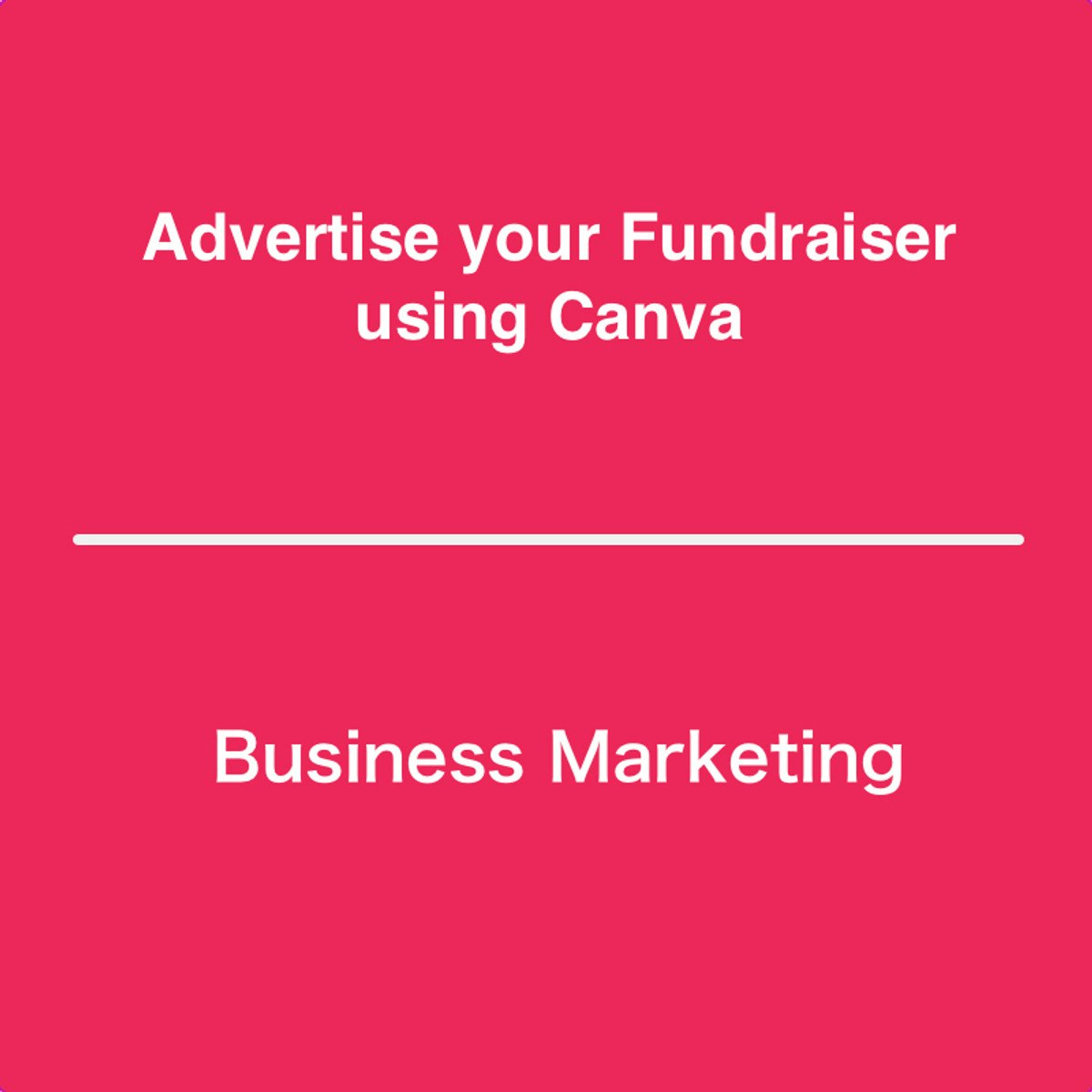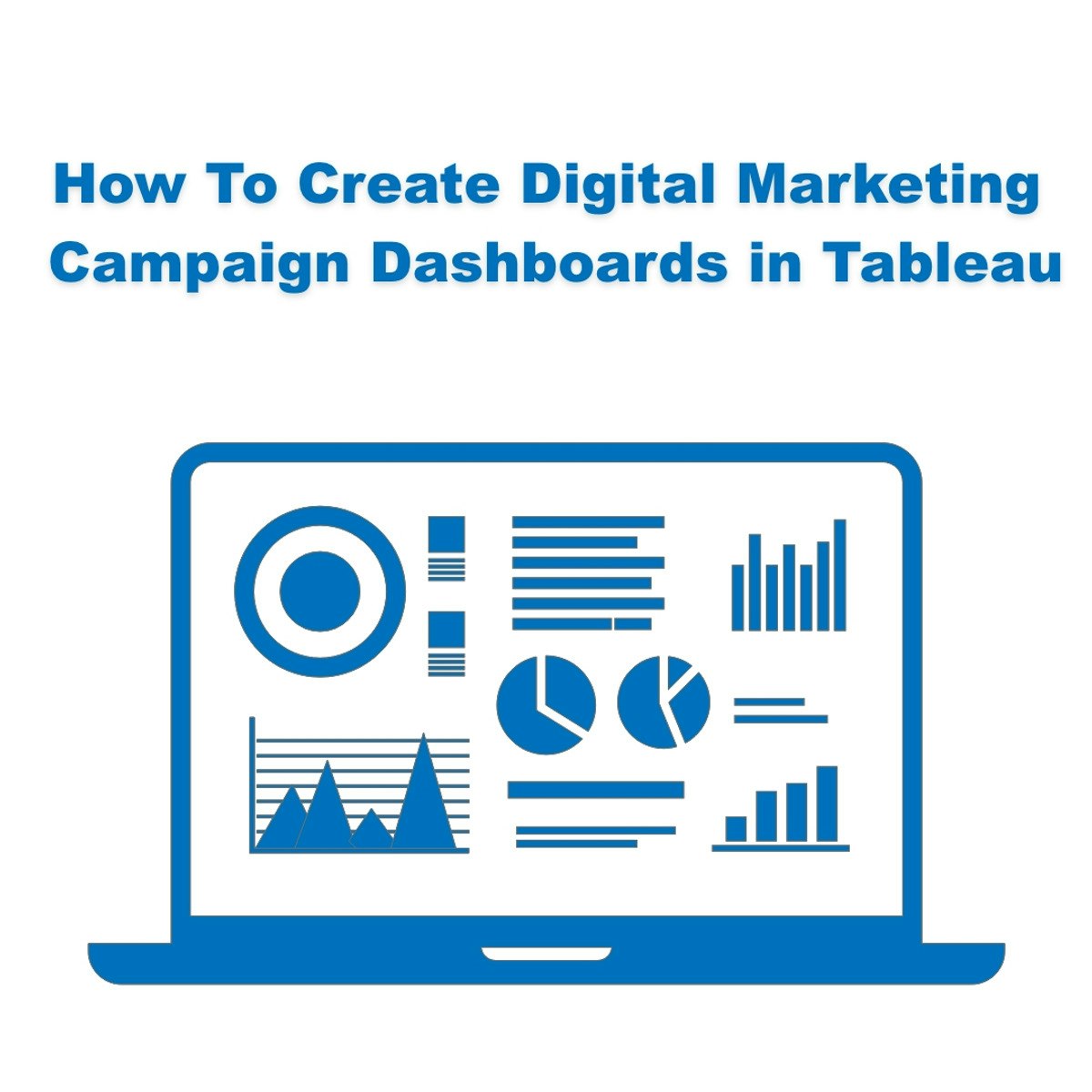Back to Courses









Business Strategy Courses - Page 36
Showing results 351-360 of 543

ESG Risks and Opportunities
In this course, you will explore the foundations upon which modern-day ESG was built, how market forces react to ESG, and ways to create and maintain value using ESG investment strategies. You will also learn about the five pathways of materiality, and how those interplay with or against ESG performance.
You will examine the many challenges that corporations face when it comes to leveraging ESG investing into their portfolios, and how the changing landscape of ESG is making this an area of untapped potential when it comes to the financial workings of businesses today. You'll also learn from real-life case studies how you can assess risk, create better risk management policy, and build a map to identify valuable areas of opportunity and create better decision-making approaches. Lastly, you will look at portfolio optimization and the utilization of ESG factors to maximize returns in addition to examining different funds, their fee structures, and how investors can blend ESG into their investment portfolio.
By the end of this course, you will know the best practices for creating a solid risk management plan and how to create a culture that is sensitive to ESG. You will better understand the history and framework behind ESG, and how to create a path forward using smarter methods to identify risk, navigate ESG issues, and reach ESG investing goals.

Qualitative Research
In this course, the second in the Market Research Specialization, you will go in-depth with qualitative market research methods, from design to implementation to analysis.
Week 1: Define qualitative research and how it differs from quantitative research. Explore the various qualitative research methods and evaluate when and how to use them for your research project.
Week 2: Design the qualitative instruments necessary for your interviews or focus groups, and plan your recruitment efforts. Write questions and prompts to ask in an interview or focus group. Design a moderator guide and a screening questionnaire to use when recruiting your participants.
Week 3: Recruit participants for your focus group and apply techniques to ensure they show up and participate. Act as a moderator during your focus group and apply strategies to handle various types of situations. Probe responses and engage participants in a group discussion, while collecting qualitative data and keep the discussion moving.
Week 4: Organize and analyze the data you have collected. Transcribe the audio from your focus group or interview and interpret your notes. Write a focus group report that can be presented to your stakeholders and see how this information might relate to your quantitative research.
Take Qualitative Research as a standalone course or as part of the Market Research Specialization. You should have equivalent experience to completing the first course in this specialization, Research Report: Initiating Research, before taking this course. By completing the second class in the Specialization you will gain the skills needed to succeed in the full program.

Financial Analysis for Startups
In the previous two courses, you have learned how to value startups using the discounted cash flow method and multiple methods. However, you have not learned how to estimate cash flows or earnings of startups. In this course, you are going to learn the concepts and usage of financial ratios. Using financial ratios such as profitability, liquidity, leverage, efficiency, and growth, you can tell financial health of a startup. Profitability ratios measure how profitable a firm is by looking at ROS, ROA, and ROE. Liquidity ratios measure how quickly a firm turns assets into cash to pay-off short-term liability and they include Current Ratio, Quick Ratio, and Cash Ratio. Leverage ratios measure how much long-term debt a firm has relative to its assets or equity. Efficiency ratios measure how efficiently a firm utilizes its assets. It is like a physical exam for humans and you can tell the fiscal status of a startup using financial ratios. You can also develop pro forma financial statement using financial ratios. Using pro forma financial statement, you can tell future financial status of a startup as well as cash flows. In addition, using information from pro forma statement and valuation methods, you can do the valuation of a startup.

Digital Twins
In this course, learners will be introduced to the concept of Digital Twins, learn how it is applied in manufacturing, and what businesses should consider as they decide to implement this technology. Considerations include information technology infrastructure, the business value of implementing Digital Twins, and what needs to happen across the organization to ensure successful implementation.
Learners will hear from industry experts as they share their perspectives on the opportunities and challenges of implementing Digital Twins, how Digital Twins is being implemented in their companies, and insights on the future of this technology within their industry and across manufacturing.
The content presented in this course draws on a number of real-life interviews and case studies, and was created through a partnership with Siemens.

Accounting for Mergers and Acquisitions: Advanced Topics
This course aims at assisting you in interpreting financial accounting information related to advanced issues in inter-corporate investments. The course will cover four main topics over four modules: (i) accounting for spinoffs and equity carveouts, (ii) accounting for leveraged buyouts and recapitalizations, (iii) tax considerations in inter-corporate investments, and (iv) financial statement analysis in the presence of inter-corporate investments.
The course will be useful for students to understand complex organizational structures through the lens of financial accounting information and will benefit investors, analysts, bankers, consultants, managers, and any deal-makers.

Digital Leadership and Digital Strategy Execution
Digital Marketing Institute is the global standard in Digital Marketing Certification. Our mission is to give our students the confidence and knowledge they need to advance in their careers through this specialization.
The ability and willingness to strategically adopt digital initiatives to support business goals has never been more critical to an organization’s survival than it is today. If you want to better understand the knowledge, skills, and behaviors demanded of digital leaders as well as the forces driving and transforming businesses today, this course will help you do so.
You will learn to use techniques to develop and hone your strategic thinking skills and develop skills to help you transition smoothly from a senior or management role to a leadership role. After completing this course, you will be able to: -
• Demonstrate an understanding of how an iterative approach to Customer Experience (CX) design can improve an organization’s performance
• Use best practices for recruiting, training, and developing digital marketing personnel
• Demonstrate an understanding of how to combine an optimal channel and budget mix, supported by a paid media and campaign action plan, to execute a digital marketing strategy
• Recognize the types of risks associated with digital and why businesses need to protect against them
This course also covers the key concepts, actions, and behaviors that underpin effective digital leadership in business. You will learn about the key international data protection and data privacy laws applicable to digital campaigns and the risks associated with digital, as well as effective strategies to mitigate the risks. This is the final course in the Digital Marketing Institute’s Digital Strategy specialization.
On completion of all courses in your Specialization, you will also be awarded a Digital Marketing Institute Certified Digital Marketing Associate certification, along with three months of free Power Membership, allowing you to boost your career and unlock your next opportunity. 92% of members have said their courses have had a positive impact on their careers, while 88% are now working at senior or manager level.

Supply Chain Logistics
Have you ever wondered how goods get delivered to us so quickly as soon as we order them? One word: Logistics! In this introductory Supply Chain Logistics course, I will take you on a journey to this fascinating backbone of global trade. We cover the three major building blocks of logistics networks: transportation, warehousing, and inventory. After completing this course, you will be able to differentiate the advantages and disadvantages of different modes of transportation. You will understand what goes into designing and setting up a warehousing facility. Finally, you will be able to select the options that enable you to develop logistics networks, that minimize costs and deliver top customer service. This is an introductory course designed to provide you with a start on your learning journey in logistics. You do not need to have any background in logistics, but it would be beneficial if you had a basic understanding of business concepts. Join me and we will learn together about logistics!
Interested in learning advanced supply chain topics? Check out the Supply Chain Excellence MasterTrack™ Certificate: https://www.coursera.org/mastertrack/supply-chain-excellence-rutgers

Advertise your Fundraiser using Canva
By the end of this project, you will know how to use Canva to promote and advertise your fundraiser both digitally and locally. You will have learned how to create a Facebook Post, an event poster and a flyer with the help of Canva. We will both use templates, and create designs from scratch. You will be able to incorporate a color scheme, images, and other design elements for aesthetically pleasing. Creating high quality advertisements is the perfect way to proactively engage with your target audience both digitally and in your local community.
This project will include intermediate to advanced level skills using the free version of Canva.
Note: This course works best for learners who are based in the North America region. We’re currently working on providing the same experience in other regions.

Create Digital Marketing Campaign Dashboards in Tableau
How we consume data is often just as important as the data itself. If data remains in columns and rows and is a matrix of numbers, it will continue to be mysterious, confusing, and misunderstood. One of the most powerful ways that data can be easily understood is by making a dashboard. Tableau dashboards are easy to create, interactive, and highly customizable. In this video, learners will learn how to create a digital marketing dashboard. Along the way, they will learn the Tableau techniques that are easily applicable to business spaces outside of digital marketing. Learners will create a variety of graphs including dual-axis line graphs, geovisualizations, and word maps. At the conclusion, they will learn how to combine all of these charts into a dashboard. After this course, learners will have highly sought-after data visualization skills and insights on how to best display data.

Sustainable Fashion
Sometimes when we say we work with sustainable fashion people look at us like... "Mmmm, is it really possible for something like fashion to be sustainable?" And let's face it, people are right being suspicious. If anything the fashion industry has become increasingly unsustainable over the last decades, using more and more natural resources and creating more and more waste.
In this course, we provide an overview of business model theory and discuss business models as essential tools in the transformation towards more sustainable businesses. Throughout the course, we will use business model theory as a foundation to look at how real-world fashion brands are adopting more sustainable ways of doing business. We will provide you with a rich opportunity to examine their efforts and consider strategies for your own organisation. Hopefully, you can also enlighten us with some local examples in your own countries for us to discover together new ways of dealing with sustainability.
By the end of the course, you have an understanding of the overall challenges and potential solutions for businesses to become more sustainable. You will learn about the challenges and opportunities of implementing circular business models and we will introduce various tools that companies use to measure and report about sustainability. You will be able to think about business model theory in new ways and apply strategies to manage business model innovation towards sustainable practices.
This is a very exciting time to be working in the fashion industry, so let's get started!
Popular Internships and Jobs by Categories
Browse
© 2024 BoostGrad | All rights reserved


